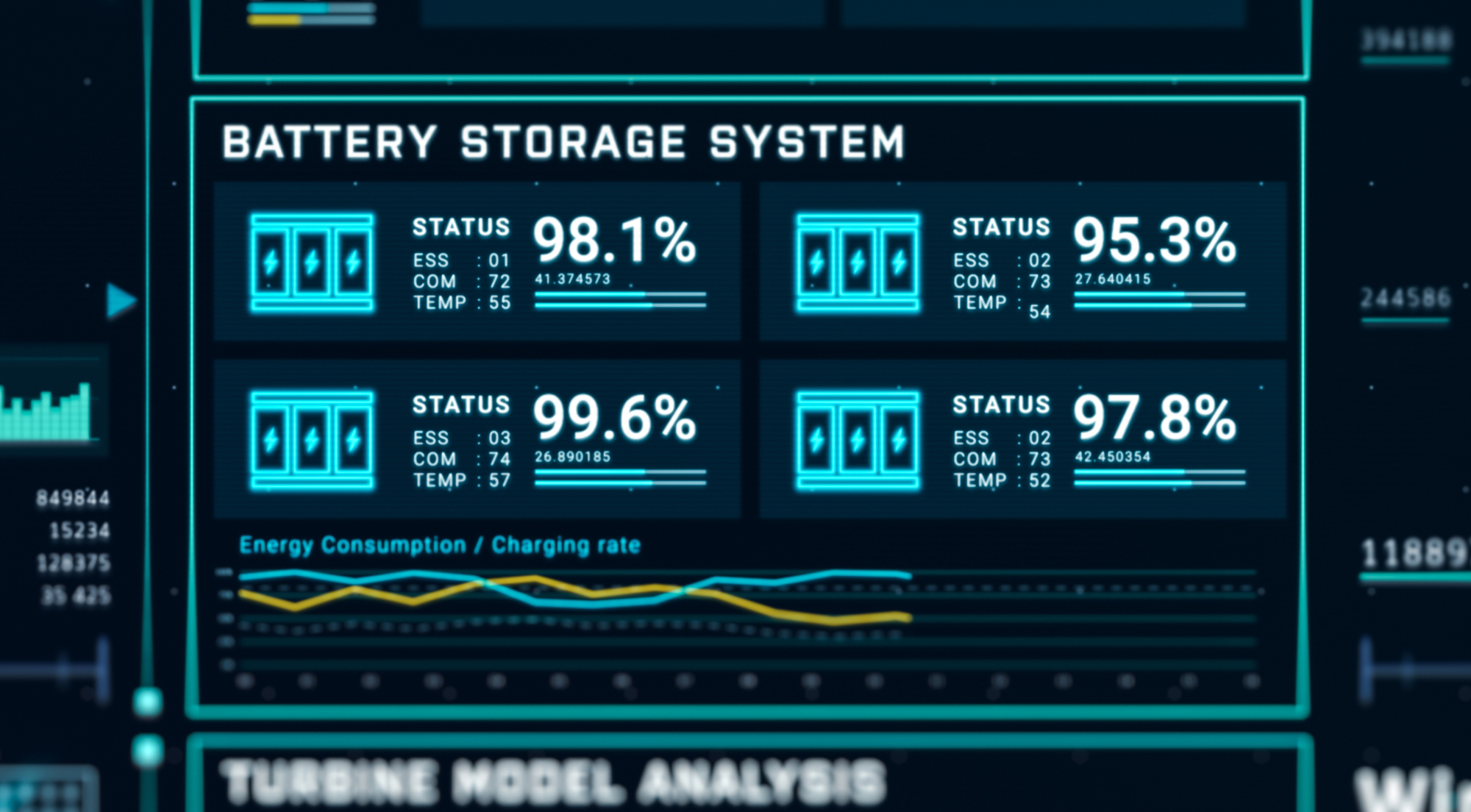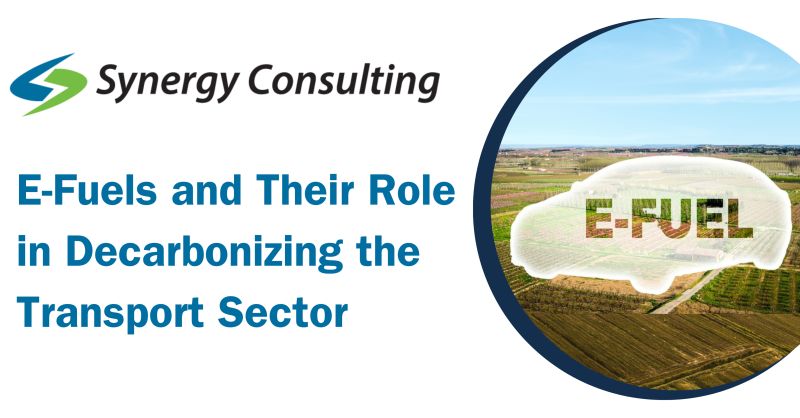The Marriage of AI and Energy Storage Systems

AI is a powerful tool for optimizing the entire lifecycle of energy storage systems. From design and manufacturing to operation and maintenance, AI-driven solutions are enhancing efficiency, reliability, and sustainability in the energy storage sector.
As both the role and scope of AI-driven systems finds its place in the energy sector, it is increasingly playing a transformative role in advancing energy storage technologies, optimizing battery performance, and overall improving the effectiveness of energy storage systems.
Here are some areas where the effects are making most of the difference:
- Real-time Optimization: AI algorithms continuously analyze real-time data from battery sensors, including temperature, voltage, and current. By processing this data, the algorithms optimize the charging and discharging cycles to maximize energy storage system performance.
- Predictive Maintenance: AI utilizes predictive maintenance models to anticipate potential issues in batteries before they lead to performance degradation. By identifying patterns indicative of upcoming problems, maintenance can be scheduled proactively, reducing the risk of unexpected failures and extending the overall lifespan of batteries.
- Dynamic Scheduling: AI facilitates dynamic scheduling of charging and discharging cycles based on real-time factors such as electricity prices, grid demand, and the availability of renewable energy. This dynamic approach ensures that energy storage systems respond in real-time to changing conditions, optimizing economic benefits and grid support.
- Predictive Energy Consumption: Machine learning models predict energy consumption patterns by analyzing historical data. These predictions enable optimized operation, allowing energy storage systems to adjust their charging and discharging schedules to align with expected energy demand. This reduces peak load stress on the grid and enhances overall system efficiency.
- Adaptive Control Systems: AI-driven control systems enhance the efficiency of energy storage systems by adjusting parameters such as charging rates, discharge rates, and energy conversion based on real-time conditions. This adaptability ensures that the system operates optimally under varying circumstances, maximizing energy efficiency.
- Learning from Historical Data: Machine learning algorithms optimize energy storage system operations by learning from historical data. These models can identify patterns in energy consumption, weather conditions, and grid behavior, allowing the system to adapt and improve its performance over time.
- Grid Stability: AI contributes to grid stability by providing ancillary services such as frequency regulation and voltage control. Rapid adjustments in energy storage system operations, facilitated by AI, help stabilize the grid during fluctuations in demand and supply.
The integration of AI in energy storage systems brings a holistic approach to optimization, maintenance, and grid interaction. It not only improves the efficiency and lifespan of batteries but also enables these systems to play a more dynamic and responsive role in the broader energy ecosystem. These advancements are crucial for achieving a sustainable, reliable, and resilient energy infrastructure.










